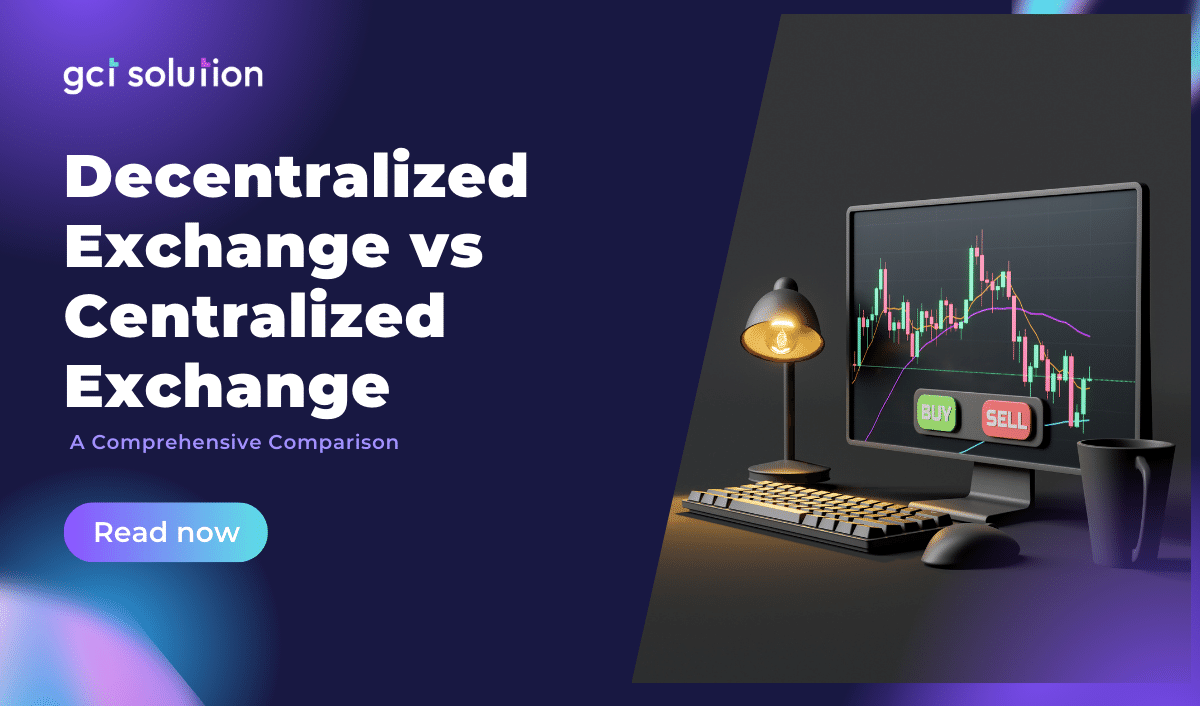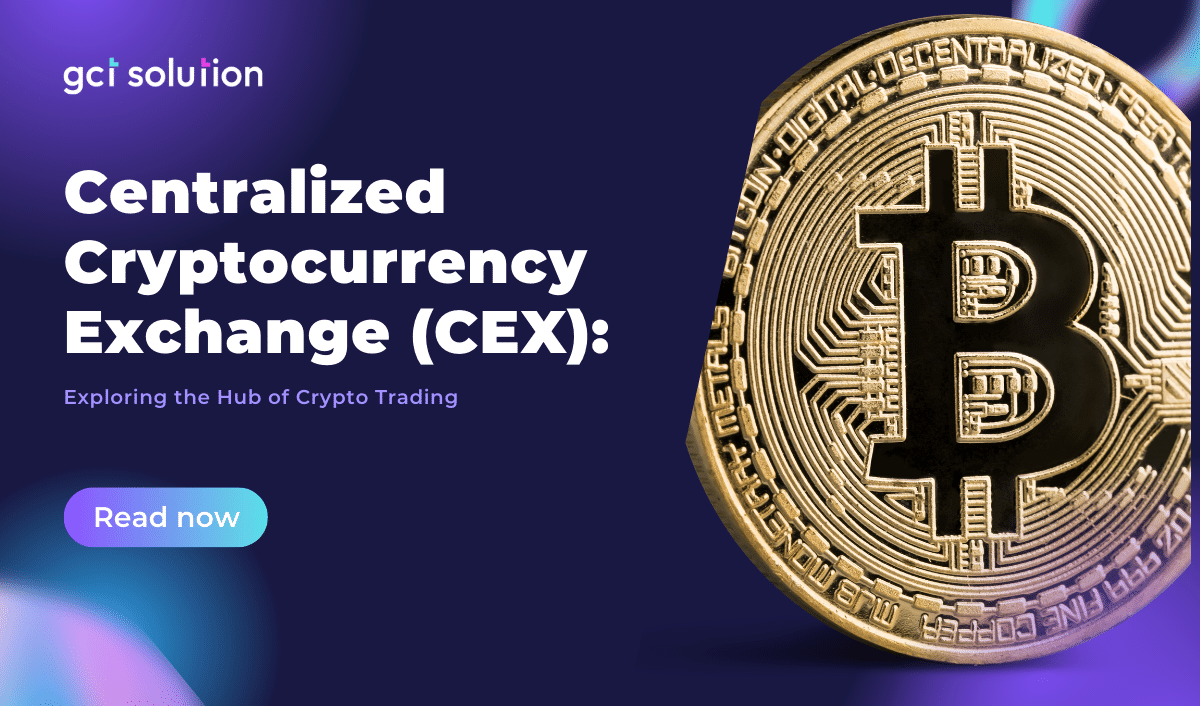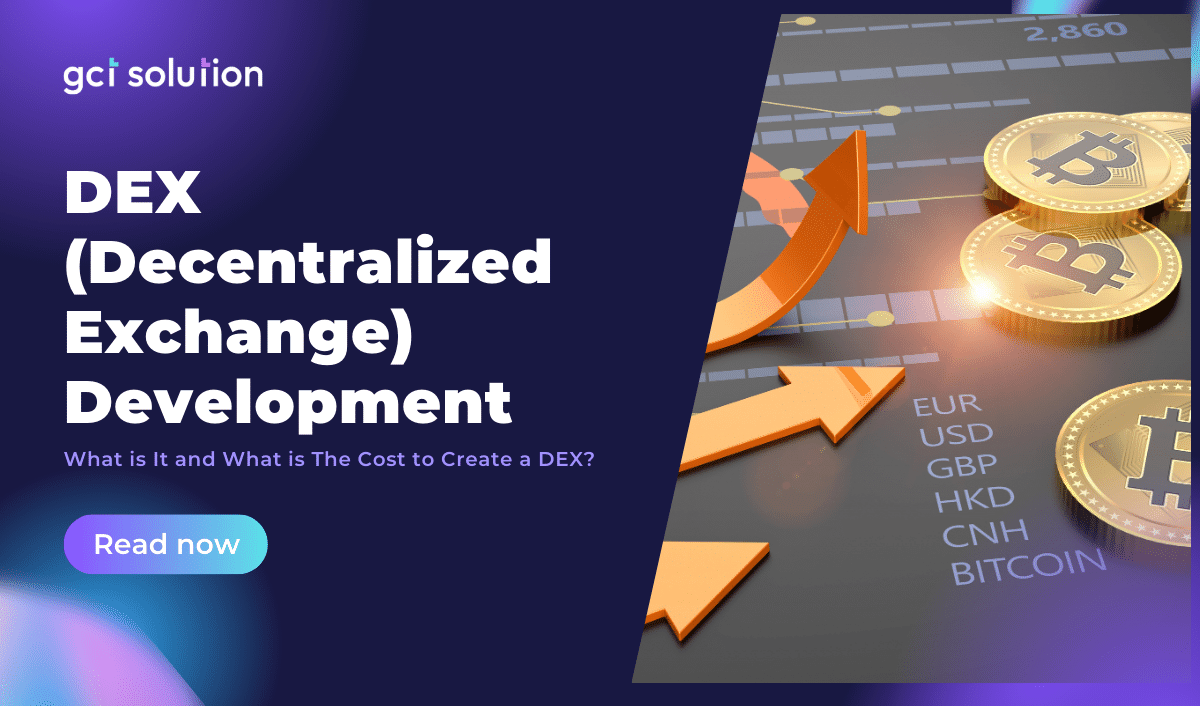The fintech ecosystem has emerged as a transformative force in the growing fintech industry. Fintech, an amalgamation of finance and technology, represents the intersection of traditional financial services and innovative technological solutions. This blog explores the fintech ecosystem, highlighting its importance, core attributes, and how GCT Solution, an IT Outsourcing company in Vietnam with a vast network of global companies, can support businesses in navigating this dynamic landscape. Let’s begin!
A SWOT Analysis of Fintech in Vietnam:
Vietnam, with its rapidly growing economy and tech-savvy population, has emerged as a hotbed for financial technology (fintech) innovation in Southeast Asia. Fintech solutions have gained significant traction in Vietnam, revolutionizing the way financial services are delivered and consumed. In this blog, we will conduct a SWOT (Strengths, Weaknesses, Opportunities, and Threats) analysis of the fintech landscape in Vietnam, providing valuable insights for clients in other countries seeking to invest in or partner with fintech companies in this flourishing market.
Embedded Finance – Revolutionizing The Future of Fintech
Embedded finance has swiftly emerged as a phenomenon in the fintech industry, revolutionizing the way people engage with financial services. This concept enables users to seamlessly conduct transactions and payments within non-financial platforms, products, and services, blurring the lines between traditional banking and everyday activities. Research conducted by Bain & Company reveals that nearly 61% of consumers are willing to try financial products or services offered by non-financial companies. Acknowledging the increasing demand for embedded solutions, this blog explores the concept of embedded finance, its use cases, the reasons why it is considered the future of fintech, and how to find the right providers for embedded finance solutions.
The Top Decentralized Exchanges: Exploring the Pioneers of Peer-to-Peer Trading
Decentralized exchanges (DEXs) have gained significant traction in the cryptocurrency space due to their ability to empower users with control over their funds and facilitate direct peer-to-peer transactions. These exchanges operate on blockchain networks, leveraging smart contracts to enable trustless and transparent trading. In this article, we will delve into the world of decentralized exchanges and highlight the top contenders based on their features, trading volumes, liquidity, and real-world cases that demonstrate their impact in the industry.
4 Best Centralized Crypto Exchanges: Exploring the Top Contenders
With the rapid growth of the cryptocurrency market, centralized exchanges have played a pivotal role in facilitating the buying, selling, and trading of digital assets. These exchanges offer users a user-friendly platform, liquidity, and advanced trading features. In this article, we will explore the top contenders in the realm of centralized crypto exchanges, providing an overview of their features, security measures, trading volumes, and examples to establish their reputation as the best in the industry.
Decentralized Exchange vs Centralized Exchange: A Comprehensive Comparison
The rise of cryptocurrencies and blockchain technology has paved the way for new forms of digital asset trading in recent years. Centralized exchanges (CEXs) have long been the dominant players in the crypto space, but decentralized exchanges (DEXs) have gained significant attention and popularity recently. For beginners in the blockchain industry, distinguishing these two terms separately is a tackling job. Hence, this article aims to provide an in-depth comparison of decentralized exchanges and centralized exchanges to help you grasp a better idea of these two technical terms and pick which fit your needs most. By examining the advantages and disadvantages of each type, we can better understand which model may be more suitable for various use cases.
Centralized Cryptocurrency Exchange (CEX): Exploring the Hub of Crypto Trading
Centralized Cryptocurrency Exchange (CEX) has emerged as a rising star in the dynamic pace of cryptocurrency world, especially in the buying and selling of digital assets. As the name suggests, CEXs operate on a centralized model, where transactions are facilitated through a trusted intermediary. In this blog post, we will delve into the intricacies of centralized exchanges, explore their types, benefits, and working mechanisms, and discuss the cost involved in creating a CEX.
DEX (Decentralized Exchange) Development – What is It and What is The Cost to Create a DEX?
Decentralized Exchange (DEX) has been listed as one of the innovations that have revolutionized the crypto trading landscape. Unlike traditional exchanges that rely on intermediaries to facilitate transactions, DEXs operate on blockchain technology and smart contracts, allowing users to trade cryptocurrencies directly with one another. In this blog post, we will explore the world of DEX development, its types, use cases, and how to start a decentralized exchange. We will also touch upon the cost of creating a DEX and discuss some of the best DEX platforms available today. Let’s get started!
Blockchain as a Service (Blockchain SaaS) – How Does It Work?
Blockchain technology has been gaining popularity in recent years for its ability to revolutionize the way transactions are made and records are kept. According to a report by MarketsandMarkets, the global BaaS market size is expected to grow to USD 15,455.0 million by 2023, at a CAGR of 90.1% during the forecast period. With its decentralized nature and high level of security, blockchain has the potential to transform various industries, from finance to supply chain management. However, despite its promising features, implementing blockchain technology can be costly and time-consuming. This is where Blockchain as a Service (BaaS) comes in, providing a more accessible and cost-effective way for businesses to adopt and leverage blockchain technology.
Private Blockchain vs Public Blockchain: How to Differentiate?
Blockchain technology has revolutionized the way we conduct transactions, store data, and manage information. Recently, a survey conducted by Deloitte found that 53% of executives believe that blockchain technology has become a critical priority for their organizations. With its decentralized and tamper-proof nature, it has emerged as a powerful tool for industries like finance, healthcare, logistics, and more. However, not all blockchains are the same. There are two broad categories of blockchains: private and public. In this blog, we will explore the differences between these two types of blockchains and provide examples to illustrate their applications.










